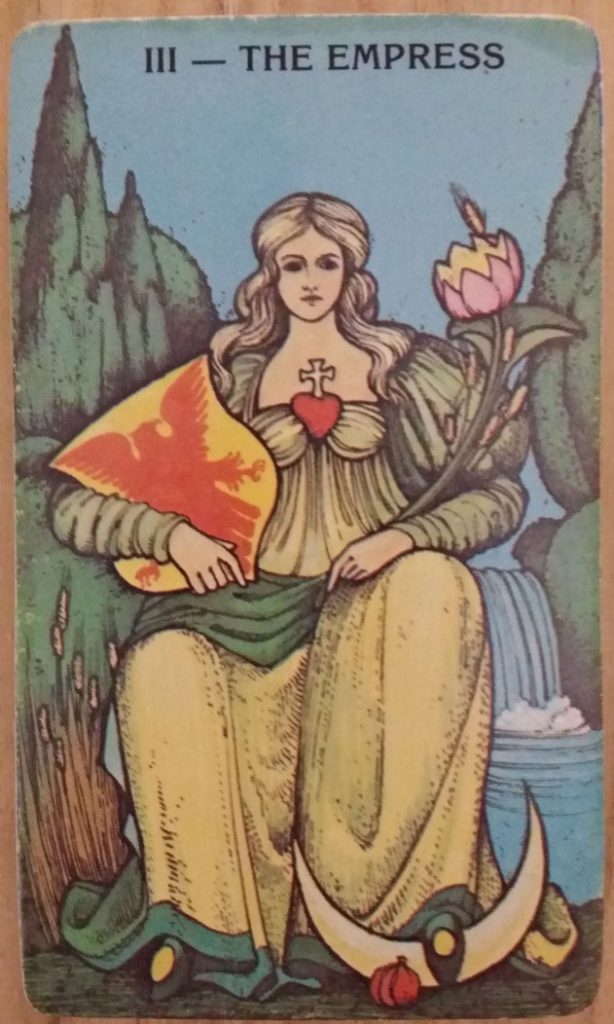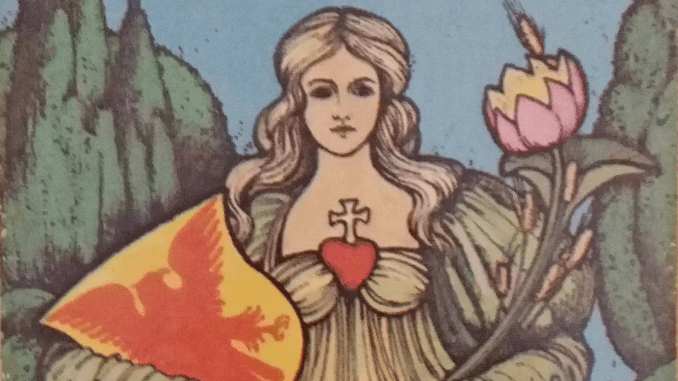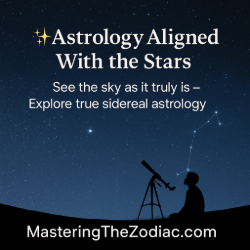Venus appears to us on this her day offering fecundity and fertility in all our endeavours. She overwhelms us with her beauty. Yet we should not overlook what we commemorate on this day, which is also Good Friday, presided over by the liturgical arcana of (13) Death and the memory of our dying Lord. It is as if we have been caught out, like Petrarch, who writes,
Era il giornoch’al sol si scolaoraro
per la pieta del suo factore i rai,
quando i’ fui preso, et non me ne guardai,
che i be’ vostr’occhi, donna, mi legaro.
Francesco Petrarca, Sonnet iii

‘Twas on the blessed morning when the sun
In pity to our Maker hid his light,
That, unawares, the captive I was won,
Lady, of your bright eyes which chain’d me quite.
Petrarch, Sonnet iii, translated by Major Robert Guthrie Macgregor
To grasp the apparent dichotomy, let us go back to the Gospel reading on Palm Sunday and live today in that spirit, which is the spirit of the venusian (3) Empress:
Except a corn of wheat fall into the ground and die, it abideth alone: but if it die it bringeth forth much fruit.
John 12: 24
It is the message of Christ to the dichotomous “two” disciples on the road to Emmaus:
Ought not Christ to have suffered these things, and to enter into his glory?
Luke 24: 26
We hear the message again in Mahler’s rendering of Nietsche,
O Man! Take heed!What says the deep midnight?”
I slept, I slept —,
from a deep dream have I awoken: —
the world is deep,
and deeper than the day has thought.
Deep is its pain —,
joy — deeper still than heartache.
Pain says: Pass away!
But all joys eeks eternity —,
— seeks deep, deep eternity!”
Friedrich Nietzsche, “Midnight Song,” from Also sprach Zarathustra


